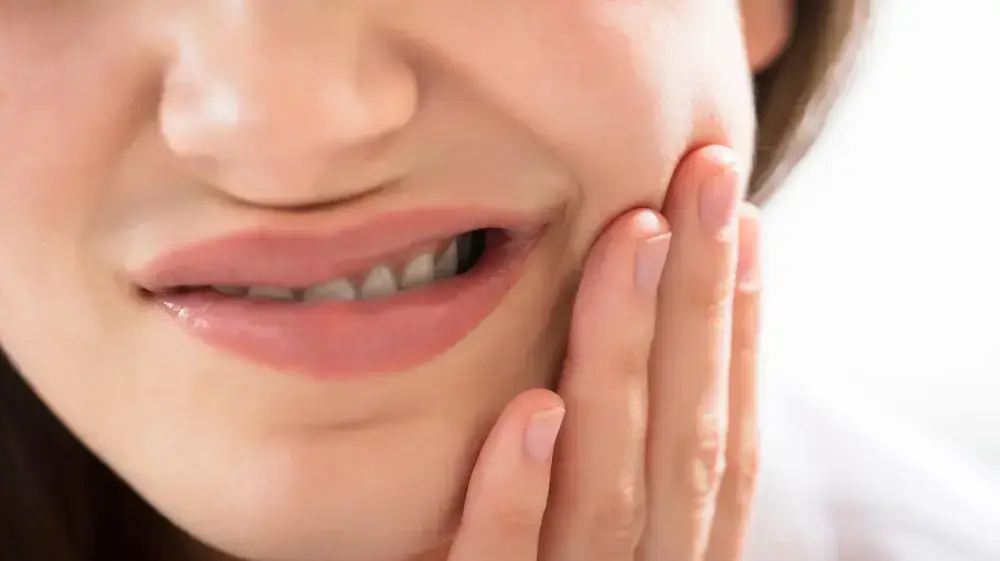Dr. Noa Bergman explains what causes Alzheimer's, is there a way to prevent the disease, and how do you treat someone who has already had the disease?
A new article published in the scientific journal "Neurological" found a clear connection between the health of the mouth and gums and the health of the brain.
Brain scans performed on the 172 study participants showed a relationship between oral and gum health and normal and healthy brain volume.
Tooth loss and gum disease are common findings in the population.
A decrease in the volume of brain tissue in the hippocampus region is associated with the development of dementia and Alzheimer's diseases.
A long-term study carried out in Japan examined the changes in brain tissue over a 67-year-old shadow period using periodic MRI scans and compared them to the number of teeth in the mouth and the health of the gums.
The results were surprising: a clear connection was found between a healthy mouth full of teeth and normal brain volume in the hippocampus area.
This finding in such a large-scale study does not unequivocally prove that gum disease causes Alzheimer's and dementia, but certainly demonstrates a possible connection.
Neglecting oral health can cost you memory loss/ShutterStock
The hippocampus plays an important role in the acquisition of new memories about facts and events.
The hippocampus participates in processes related to long-term memory, so damage to it causes damage to memory.
According to some researchers, the hippocampus is part of a large memory system of the lateral lobe, responsible for memories that can be expressed in an explicit verbal form.
In the study, 172 67-year-old patients who did not suffer from memory problems at the beginning of the treatment were examined.
All participants underwent dental examinations and memory tests at the beginning of the study.
In addition, MRI scans of the brain were performed and the size of the hippocampus was measured, which is also the area of the brain that is associated with the development of dementia and Alzheimer's diseases.
Repeat tests were performed 4 years later.
For each subject, the researchers recorded the number of teeth and performed a comprehensive gum examination.
The results showed a clear relationship between many and healthy teeth in a healthy periodontal condition and a normal marrow volume.
In subjects who suffered from mild to moderate periodontal disease, it was found that the loss of each tooth was equivalent to a reversal of the aging of the brain, while in people who suffered from advanced periodontal disease, the loss of each tooth was equivalent to an accelerated aging of the brain at a rate of about 1.3 years.
These findings emphasize the importance of preserving the teeth and maintaining the gums in a healthy state.
The findings suggest that damaged teeth with acute periodontal disease are associated with brain atrophy (the degeneration of the brain cells and its tissues, which can occur due to advanced age, impaired blood and oxygen flow to the brain cells, stress, or genetic background).
For this reason, and of course for other objective reasons - control and treatment of gum disease is critical at any age, but especially in the elderly.
Extraction and replacement of severely damaged teeth with other restorative solutions such as bridges or implants should be considered.
Dr. Eran Paramon, dentist and director of the Mallow Clinic in Ramat Hasharon
More on the same topic:
dementia
Alzheimer's
Teeth

